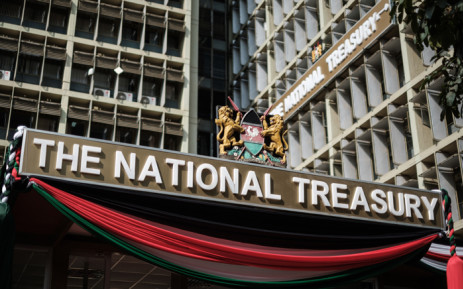The National Treasury has proposed a new policy to rein in on Kenya’s ballooning debt. The proposed Debt Framework will require each ministry to regularly review ongoing projects, and therefore terminate stalled projects where necessary.
Additionally, the new policy requires individual ministries to forward proposed projects to Treasury for approval to reduce risks on politically inclined contractors.
The policy, currently under public review, provides great promise for Kenya’s debt burden, cutting down funding on non-performing projects.
“Loan facilities of non-performing projects will be reviewed accordingly regularly to allow modification of project implementation or loan cancellation if necessary, as well as to revise the level of new borrowings to be approved in subsequent periods,” reads the proposed framework.
Parliament estimates that as of last year June, Kenya had 545 stalled projects worth KSh 366 billion. Such projects result in wastage of public resources. Additionally, the government often has to pump in more funds to revive these investments.
While the bill will help in controlling loss of funds, there is still need for proper controls at the early stages of a project. Such mechanisms, together with appropriate financial planning and cost management, will help avert wastage of public funds.
A Whip for Politically Connected Contractors
The proposed framework also aims to vet projects before financing. In this regard, project proposals will go to Treasury for approval before funds are released. This will ensure that money only goes to contractors whose projects are viable.
SEE ALSO: Treasury Proposes Increase in Budget by 3% to KSh 3.13 Trillion
“All project proposals should go to National Treasury through the line ministries and not through financiers and/or contractors. The PDMO will review all documents and independently assess the cost/benefits analysis submitted and evaluate the sources of financing,” the document notes.
Lastly, the government will focus on domestic borrowing to bridge the budget deficit. The proposed framework is open for debate until 22nd November.




